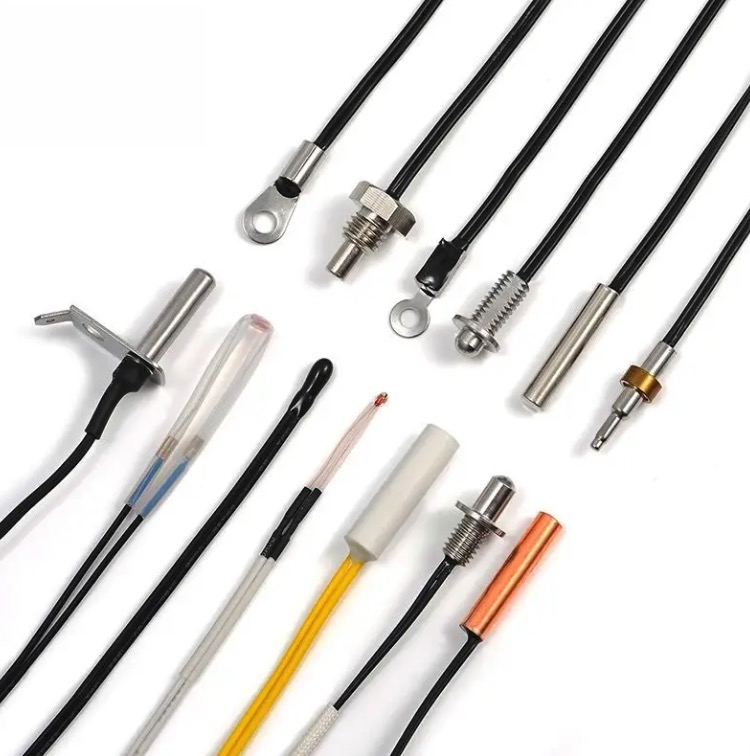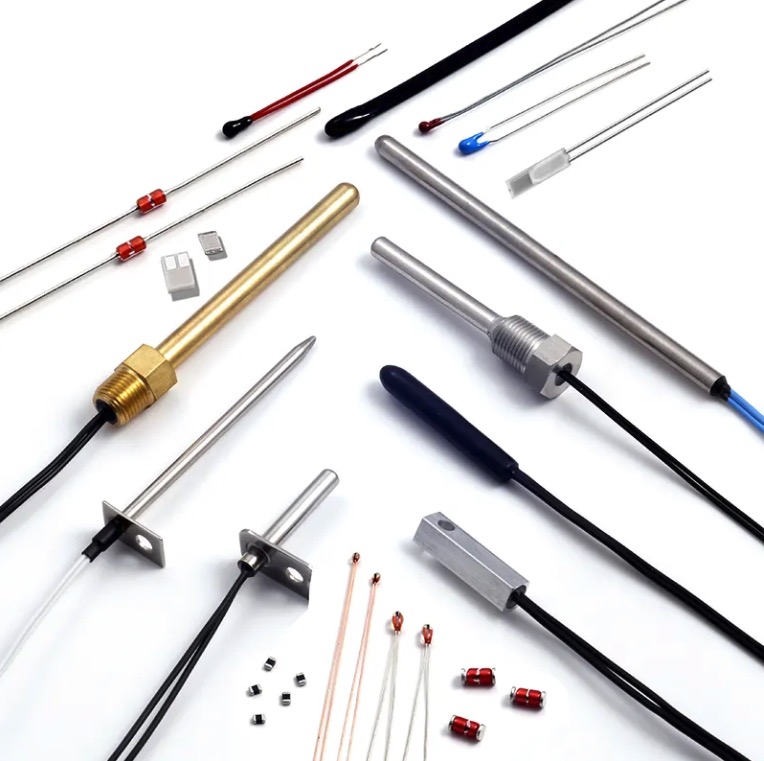Most Accurate Temperature Sensor: A Guide to Choosing the Right Device for Precise Measurements
Article Summary:
1. Introduction
2. Understanding the Importance of Accuracy in Temperature Measurement
3. Factors Affecting Temperature Sensor Accuracy
4. Types of Temperature Sensors and Their Accuracy Levels
4.1. Thermocouples
4.2. Resistance Temperature Detectors (RTDs)
4.3. Thermistors
4.4. Semiconductor-based Sensors
5. Selecting the Most Accurate Temperature Sensor for Your Application
6. Calibration and Maintenance of Temperature Sensors
7. Conclusion
Introduction:
When it comes to temperature measurement, accuracy is paramount. Whether you’re monitoring critical industrial processes or conducting scientific research, having the most accurate temperature sensor is essential for obtaining reliable and precise data. In this article, we will explore the world of temperature sensors and guide you in selecting the right device for your needs.
Understanding the Importance of Accuracy in Temperature Measurement:
Accurate temperature measurement is crucial in various industries, including manufacturing, healthcare, and environmental monitoring. It ensures product quality, safety, and compliance with regulations. Moreover, accurate temperature data is vital for scientific research, where even the slightest deviation can impact the validity of results. To achieve precise measurements, choosing the most accurate temperature sensor is fundamental.
Factors Affecting Temperature Sensor Accuracy:
Several factors influence the accuracy of temperature sensors. These include sensor type, sensor placement, environmental conditions, electrical interference, and calibration. Understanding these factors will help you make an informed decision while selecting a temperature sensor for your application.
Types of Temperature Sensors and Their Accuracy Levels:
There are different types of temperature sensors available, each with its own accuracy level and suitable applications. Let’s explore some of the common types:
1. Thermocouples:
Thermocouples are widely used due to their broad temperature range and durability. However, their accuracy can vary depending on the thermocouple type and materials used. For critical applications requiring high accuracy, compensating cables and cold junction compensation techniques are employed.
2. Resistance Temperature Detectors (RTDs):
RTDs offer excellent accuracy and stability over a wide temperature range. They rely on the change in electrical resistance with temperature. Platinum RTDs are widely used due to their linearity, repeatability, and long-term stability.
3. Thermistors:
Thermistors are semiconductor devices with a high sensitivity to temperature changes. They are cost-effective and available in various types, such as NTC (negative temperature coefficient) and PTC (positive temperature coefficient). While thermistors provide good accuracy, they may require additional calibration for precise measurements.
4. Semiconductor-based Sensors:
Semiconductor sensors, such as integrated circuit (IC) sensors, offer high accuracy, small size, and low power consumption. They are commonly used in applications where space is limited, such as medical devices and consumer electronics. However, their accuracy can be affected by factors like self-heating and long-term drift.
Selecting the Most Accurate Temperature Sensor for Your Application:
Choosing the right temperature sensor involves considering factors like accuracy requirements, temperature range, response time, environmental conditions, and budget. Consulting with experts and evaluating sensor specifications will help you make an informed decision that meets your specific needs.
Calibration and Maintenance of Temperature Sensors:
To ensure continued accuracy, temperature sensors require periodic calibration and maintenance. Regular calibration against traceable standards helps identify any deviations and allows for necessary adjustments. Additionally, proper storage, handling, and protection against contaminants contribute to sensor longevity and accuracy.
Conclusion:
In conclusion, accurate temperature measurement is vital across various industries and scientific research. Choosing the most accurate temperature sensor for your application ensures reliable data and precise results. By understanding the factors influencing accuracy, exploring different sensor types, and considering your specific requirements, you can make an informed decision and achieve optimal measurement accuracy.
Remember, accuracy matters when it comes to temperature measurement, and selecting the right sensor is the first step towards obtaining precise and reliable data.
Understanding NTC Temperature Sensor Craftsmanship and Reliability in Air Conditioning Systems
In modern HVAC systems, temperature sensors play a critical role in ensuring energy efficiency, performance stability, and user comfort. Among them, NTC (Negative Temperature Coefficient) thermistors are the most widely




